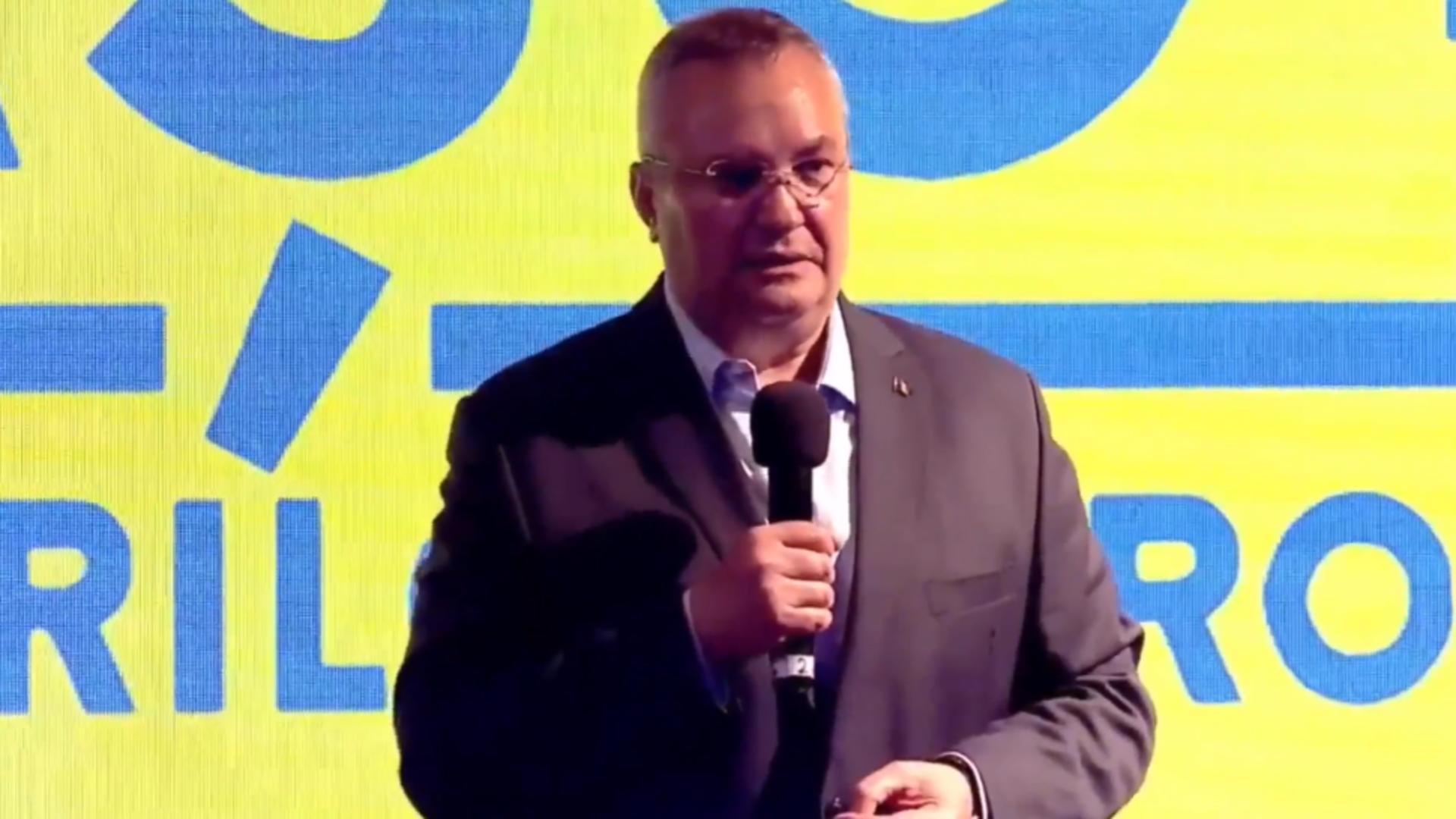On a recent drizzly afternoon in the jungles of Vietnam, it was a miracle that I did not blow out my 60-year-old knees, break my ankles or get stung, bit or punctured. The trail I was traversing was a mudslide, and I couldn’t see 2 feet ahead of me.
As I clumsily climbed over a wet log and landed on my rear end, I imagined an 18-year-old farm boy from Indiana, drafted with a low lottery number, arriving in Saigon in 1968. As his plane taxied, he would have watched the bodies of other kids just like him being loaded onto another plane. He would be jetlagged, anxious, homesick and disoriented. During a one-year tour, his odds of being killed or wounded would be 1 in 10. He could be one of the 58,000 soldiers killed or one of the 300,000 wounded or one of the 75,000 severely disabled. If he succeeded in returning to the United States, he could be one of the estimated 10,000 Vietnam veterans who would die by suicide, although unofficial estimates run as high as 50,000.
I remember picking up my draft card on my 18th birthday in 1973, when the war was winding down. I threw the card the following year into a trash bin in Grand Junction, Colorado, when I was hitchhiking to California. I wanted no part of the war. And I was not what one would ever call “military material.”
All the wars the United States has been involved with since I’ve been alive have been a waste of lives on all sides. As I saw on my recent trip to Vietnam, communists are in charge of a booming market economy. Construction cranes dot the outskirts of Hanoi. There are no more antiquated Russian-style, five-year plans with meager ration books and empty stomachs.
Our other wars? The Taliban control Afghanistan despite our 20-year occupation. Iraq is a mess. I guess nation building is harder on the ground then on a white paper created by the brilliant minds in the hallways of the Pentagon. (Perhaps the term “military intelligence” really is an oxymoron.)
All of our incursions seem to make things worse. Our soldiers die and are maimed, while we wave flags, sing the impossible-to-sing national anthem at football games and trot out injured heroes only to often ignore them later on.
This year, Vietnam is celebrating the 70th anniversary of defeating France, a country with a horrible colonial past. Next year, Vietnam will celebrate the 50th anniversary of sending the U.S. packing, too. Two superpowers, with all their bombs and Agent Orange chemical warfare, were bested. In hindsight, it is not surprising, given the incredible nationalism that North Vietnam’s leader, Ho Chi Minh, rallied to his side against those superior military forces. And we certainly learned nothing from France’s humiliating defeat in 1954. The lesson we might have heeded? Hearts and minds are impossible to conquer.
When I was shin-deep in the jungle muck, between slips and falls, where I was carrying only a water bottle rather than a 90-pound pack and a M-16 rifle as the Indiana kid would have been toting, I wondered: What the hell was the U.S. thinking? All the advantage was with Viet Cong forces, who knew every inch of the jungle terrain and were acclimated to the heat and humidity. Long before an American soldier would be aware of the enemy’s presence, the Viet Cong would see the kid marching like a bull’s-eye and attack him with bullets and boobytraps.
The kid really had only a puncher’s chance of not ending up in a flag-draped casket.
And if the kid survived that tour of duty, years later, he would read former Defense Secretary Robert McNamara’s mea culpa regarding the war. In his memoir “In Retrospect: The Tragedy and Lessons of Vietnam,” McNamara writes that “we were wrong, terribly wrong.” At the end of the book, he admits: “I concede with painful candor and a heavy heart that the adage applies to me and to my generation of American leadership regarding Vietnam. Although we sought to do the right thing — and believed we were doing the right thing — in my judgment, hindsight proves us wrong.”
Army medic Earl Clarkston said that when he learned that McNamara considered Vietnam a mistake, he thought, as quoted by the Los Angeles Times in 1995: “Tell McNamara to go before the (Vietnam Veterans Memorial) wall and tell the wall that. Let the souls of American veterans hear him say, ‘You died for nothing.’”
McNamara lived to age 93. The soldiers he sent to their deaths did not enjoy such longevity. A trip to Vietnam makes that senseless tragedy even more real.
Stephen J. Lyons is the author of six books of reportage and essays, most recently “Searching for Home: Misadventures with Misanthropes” (Finishing Line Press).
Submit a letter to the editor, of no more than 400 words, by emailing letters@chicagotribune.com. To review our criteria, click here.





